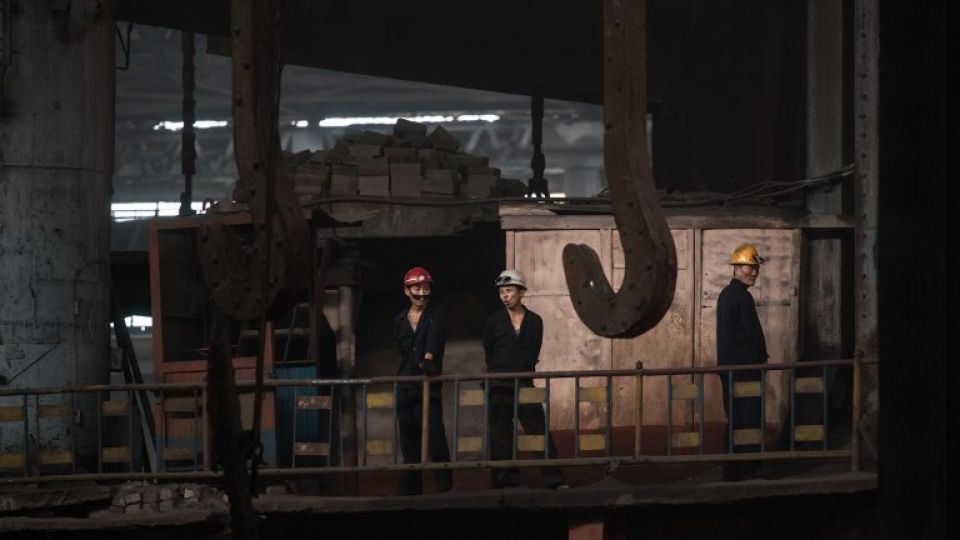December 13, 2019
The new environment minister needs to offer better ways to tackle climate change.
During a ministerial meeting of the U.N. climate summit in Madrid on Wednesday, Shinjiro Koizumi, the Environment Minister did not express concrete steps for reducing coal-fired thermal power generation.
Environment Minister Shinjiro Koizumi did not express concrete steps for reducing coal-fired thermal power generation, for which construction of new plants is currently underway in Japan, during a ministerial meeting of the U.N. climate summit in Madrid on Wednesday.
“I am afraid I cannot share new development on our coal policy today,” Koizumi said at the ongoing 25th Conference of the Parties to the U.N. Framework Convention on Climate Change (COP25).
Coal-fired power generation emits more carbon dioxide than natural gas and other generation methods. Japan is facing criticism from the international community. For example, a report released by the U.N. Environment Program (UNEP) in November called on Japan not to build new coal-fired power plants.
“Of course, I am aware of global criticism, including on our coal-related policies,” Koizumi said in his speech.
However, he added, “A growing number of people in Japan, including myself, believe further climate action must be taken.”
Economy, Trade and Industry Minister Hiroshi Kajiyama expressed his intention to continue coal-fired thermal power generation at a press conference on Dec. 3, saying, “I want to leave it as an option.”
Coal-fired thermal power plants account for about 30% of Japan’s total power generation, with 17 such plants planned to be built.


